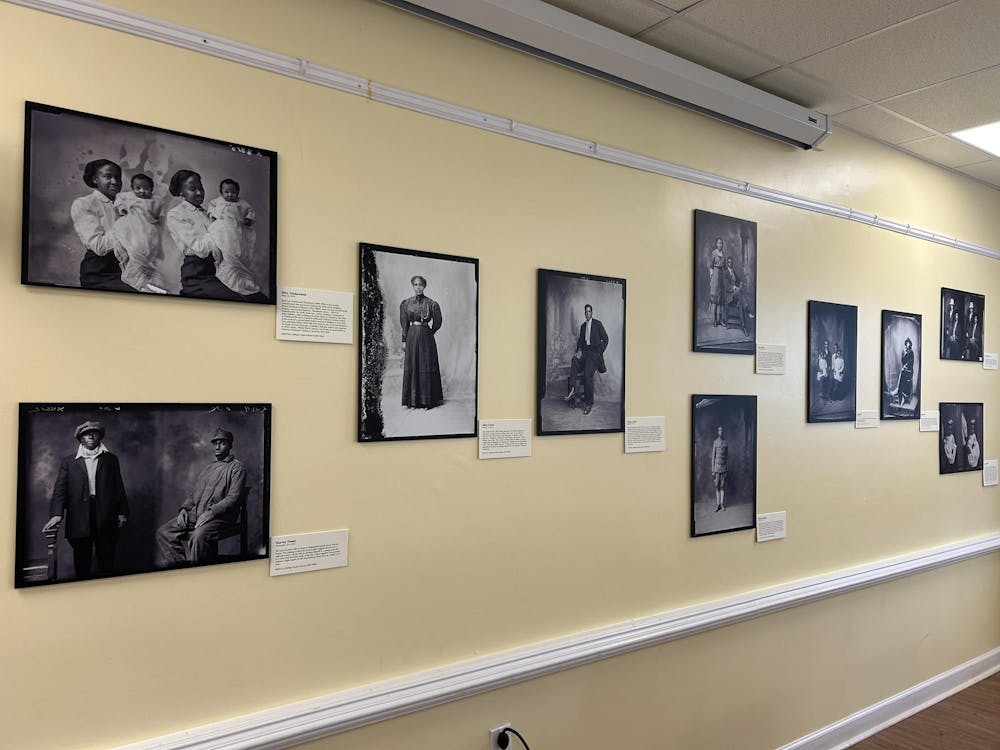Native American writer and poet Simon Ortiz visited the University Bookstore Friday for an evening of poetry reading. Between readings, Ortiz shared parts of his life story — touching on his experience in Vietnam and drawing unsettling connections between the occupation of the country and the displacement of Native American peoples throughout history.
His narrative poems are highly moralistic, exploring the modern identity of the Native American world — a world often plagued by prejudice and injustice. Ortiz addresses uranium mining in northern New Mexico in his poem “It Was That Indian,” a story about a Navajo man who discovered uranium but went unrecognized when the discovery brought economic success to the area. When the substance was found to be a contaminant, it was “that Indian” at fault.
Ortiz’s poems retain a sense of fierce humility. “Do not dream so fantastically that you forget what dreams are,” Ortiz warns in “Birthday Kid Poem,” a piece he wrote for his son.
Ortiz is a short man with a strong brow and long pepper gray hair to his chin. He speaks slowly but deeply from his chest. Born into the Acoma Pueblo reservation in New Mexico in 1941, Ortiz served as an official tribal translator and as lieutenant governor of his tribe before becoming a teacher and writer. He said the oral tradition of storytelling inspires his poetic voice. Known for poems inspired by and devoted to his heritage, Ortiz is often associated with the literary canon housing the “Native American Renaissance.”
The crowd engaged with Ortiz in discussing his heritage — specifically, of the injustices toward Native Americans on account of “the white man”: the massacres, cruelty, prejudice and general displacement of the Native American people. One audience member asked how the “white man” can apologize for this history.
“We do have to acknowledge in a very honest way our history and our country,” Ortiz said. “The U.S. has been a very violent nation historically and it still is, not just intentionally but by virtue of an industrial nation that we are — cars, trains — almost mindlessly going along either by accident or accidentally on purpose.”
This seems to be the effect of storytelling for Ortiz: a way of explaining history, whether it is moral or immoral, to give voice to a population.






